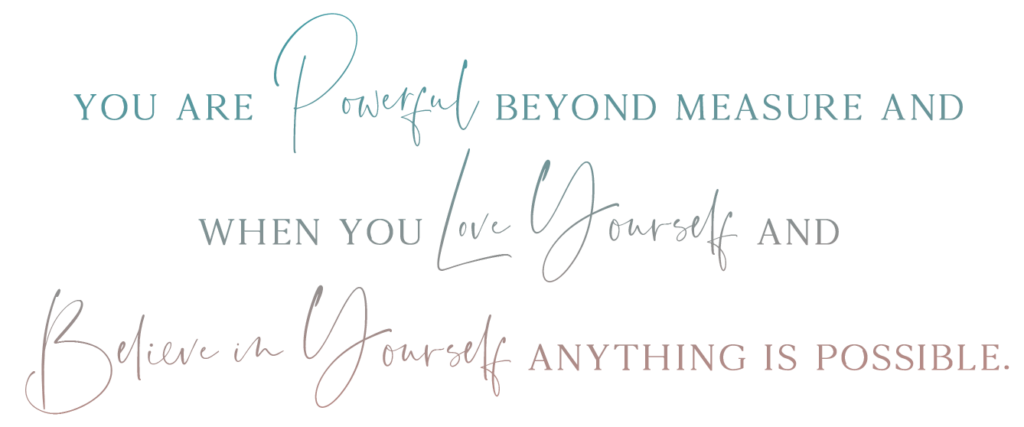When it comes to committed relationships, making agreements is crucial. However, not all agreements are created equal. Some may seem like an escape, leaving our partners feeling unworthy of a deeper commitment. But why settle for a limited agreement when we can aim for something greater?
Recently, a relationship coach colleague shared an agreement that some couples make: “I agree to tell you if there is someone else I am interested in romantically.” While this agreement may seem like a step in the right direction, it is not enough to create a truly secure and committed relationship.
In fact, this agreement can be seen as an escape, suggesting that the partner is not worth making a more significant commitment to. A limited agreement like this can make it challenging for emotionally available people to feel truly secure in the relationship. Emotional availability and security are essential for building strong connections and a stable relationship foundation.
Many people struggle with emotional unavailability, which makes it difficult for them to fully commit to a relationship. Avoidance, or what I call “having a back door” or “a backup plan,” is rooted in fear of rejection, fear of being alone, and fear of vulnerability. Your partner can feel this lack of commitment energetically, even if they can’t express it. It can create a sense of unease in the relationship that undermines its stability.
Emotional well-being is crucial to create a secure and genuine connection. We need to take responsibility for our emotional health to build stronger relationships. By doing the inner work necessary to become emotionally available and secure, we can show up more fully for our partners.
When my colleague asked me, “what commitment or agreement can couples make to feel truly committed”. My response was simple: “Commit to open and honest communication. Have a commitment to talk about anything that arises in real-time that causes separation and can help partners be vulnerable, share their thoughts and feelings.”
This approach limits feelings of disharmony within and encourages both partners to address any challenges that arise in the relationship promptly and constructively. Over time, this kind of communication builds trust and security in the relationship.
In the end, making commitments and agreements in a committed relationship is essential. We need to take personal responsibility for our emotional health and commit to open and honest connective communication to build genuine relationships that stand the test of time.
xo,
Nicole



 Gracefully put yourself first
Gracefully put yourself first